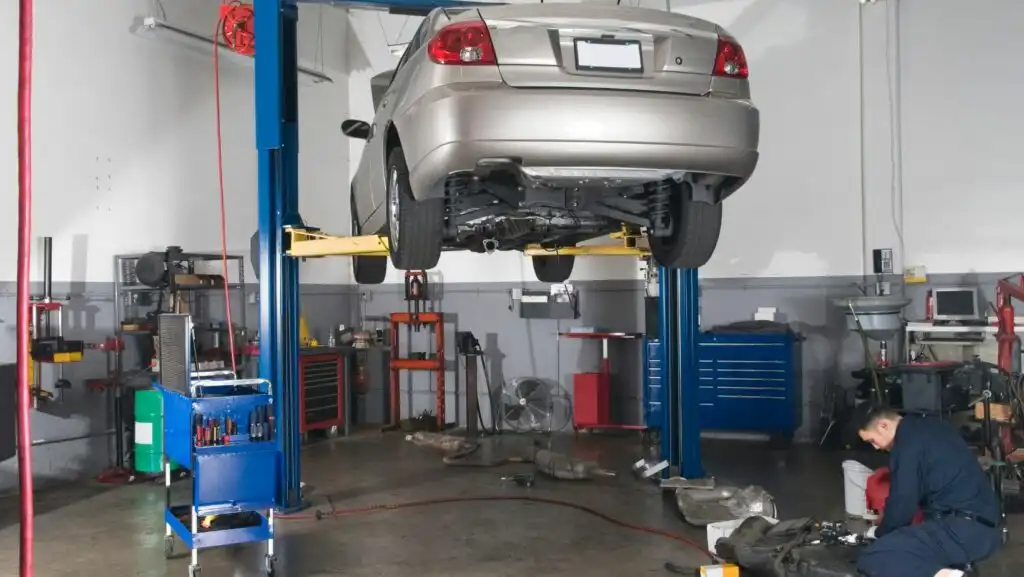Car ownership comes with a significant responsibility: keeping your vehicle in top condition to ensure safety, performance, and longevity. Regular maintenance not only helps prevent costly repairs but also extends the lifespan of your car. Whether you’re a seasoned driver or a new car owner, understanding basic car maintenance tips is essential to keep your vehicle running smoothly. Here are the top 5 car maintenance tips that every driver should know to maintain optimal performance and avoid common issues.
1. Regular Oil Changes
One of the most crucial aspects of vehicle maintenance is changing the oil regularly. Oil acts as the lifeblood of your engine, lubricating the parts and ensuring that your engine runs smoothly. Over time, oil breaks down and becomes less effective, which can lead to engine wear and eventual failure.
-
Why it’s important: Old, dirty oil can cause your engine to overheat or even seize up. By changing the oil regularly, you ensure that your engine operates at its best, improving fuel efficiency and reducing the risk of major engine repairs.
-
How often: Typically, oil should be changed every 3,000 to 5,000 miles, but it depends on your vehicle’s make and model. Always consult your owner’s manual for specific guidelines.
2. Check and Maintain Tire Pressure
Maintaining the correct tire pressure is vital for both your safety and your car’s performance. Underinflated tires can lead to poor fuel efficiency, reduced tire lifespan, and increased risk of blowouts. On the other hand, overinflated tires can cause uneven tire wear and decreased traction.
-
Why it’s important: Proper tire pressure ensures better handling, optimal fuel efficiency, and improved safety, especially in adverse weather conditions.
-
How to check: Use a tire pressure gauge to check your tire pressure at least once a month, as well as before long trips. Refer to your car’s manual or the sticker on the driver’s door frame for the recommended PSI (pounds per square inch).
3. Replace Air Filters Regularly
The air filter in your car helps prevent dirt, dust, and debris from entering the engine and affecting its performance. Over time, the filter becomes clogged, reducing airflow and causing the engine to work harder, which can decrease fuel efficiency and overall engine performance.
-
Why it’s important: A clean air filter improves gas mileage and engine performance by allowing the engine to receive adequate airflow. It also prevents dirt from damaging sensitive engine components.
-
How often: It’s recommended to replace the air filter every 12,000 to 15,000 miles, but this can vary depending on driving conditions. If you often drive in dusty areas, you may need to replace the filter more frequently.
4. Check the Battery and Electrical System
Your car’s battery is essential for starting the engine and powering various electrical components. A weak or dying battery can cause your car to fail to start, or worse, leave you stranded. Regularly checking the battery and electrical system can help prevent these issues.
-
Why it’s important: A dead battery can lead to unexpected breakdowns. Additionally, checking the electrical system ensures that other components such as the alternator and spark plugs are working properly.
-
How to check: Inspect the battery terminals for corrosion and clean them if necessary. If your car is slow to start, or if the dashboard warning lights come on, have your battery tested. Most auto shops, like Osborn Automotive, offer free battery testing and can replace it if needed.
5. Inspect and Maintain Your Brakes
Your car’s braking system is essential for safety. Over time, brake pads wear down, reducing their effectiveness. Regularly checking the brake system can help prevent brake failure and ensure your safety on the road.
-
Why it’s important: Worn brake pads can lead to longer stopping distances and a less responsive braking system. In the worst-case scenario, neglecting brake maintenance can cause accidents.
-
How to check: Listen for squeaking or grinding noises when applying the brakes, as this may indicate worn-out brake pads. If you feel any vibrations or notice that it takes longer to stop, it’s time to have your brakes inspected. It’s recommended to get your brakes checked every 12,000 miles or at least once a year.
Bonus Tip: Keep Your Car Clean and Waxed
While not strictly necessary for engine performance, keeping your car clean is essential for maintaining its appearance and protecting it from the elements. Dirt, salt, and grime can damage the paint and promote rust, especially in areas with harsh weather conditions.
-
Why it’s important: Regular washing and waxing help protect the paint, prevent rust, and keep your car looking great.
-
How to maintain: Wash your car regularly, and apply a coat of wax every few months to keep the paint job protected and shiny.
Conclusion: Maintain Your Vehicle, Save Money in the Long Run
By following these simple car maintenance tips, you’ll not only extend the life of your vehicle but also avoid costly repairs down the line. Regular maintenance helps your car run more efficiently, saving you money on fuel and preventing unexpected breakdowns.
At Osborn Automotive, we’re committed to helping you keep your car in top shape. Whether it’s an oil change, brake inspection, or battery check, our team of expert mechanics is here to provide quality service and ensure your car runs smoothly.
